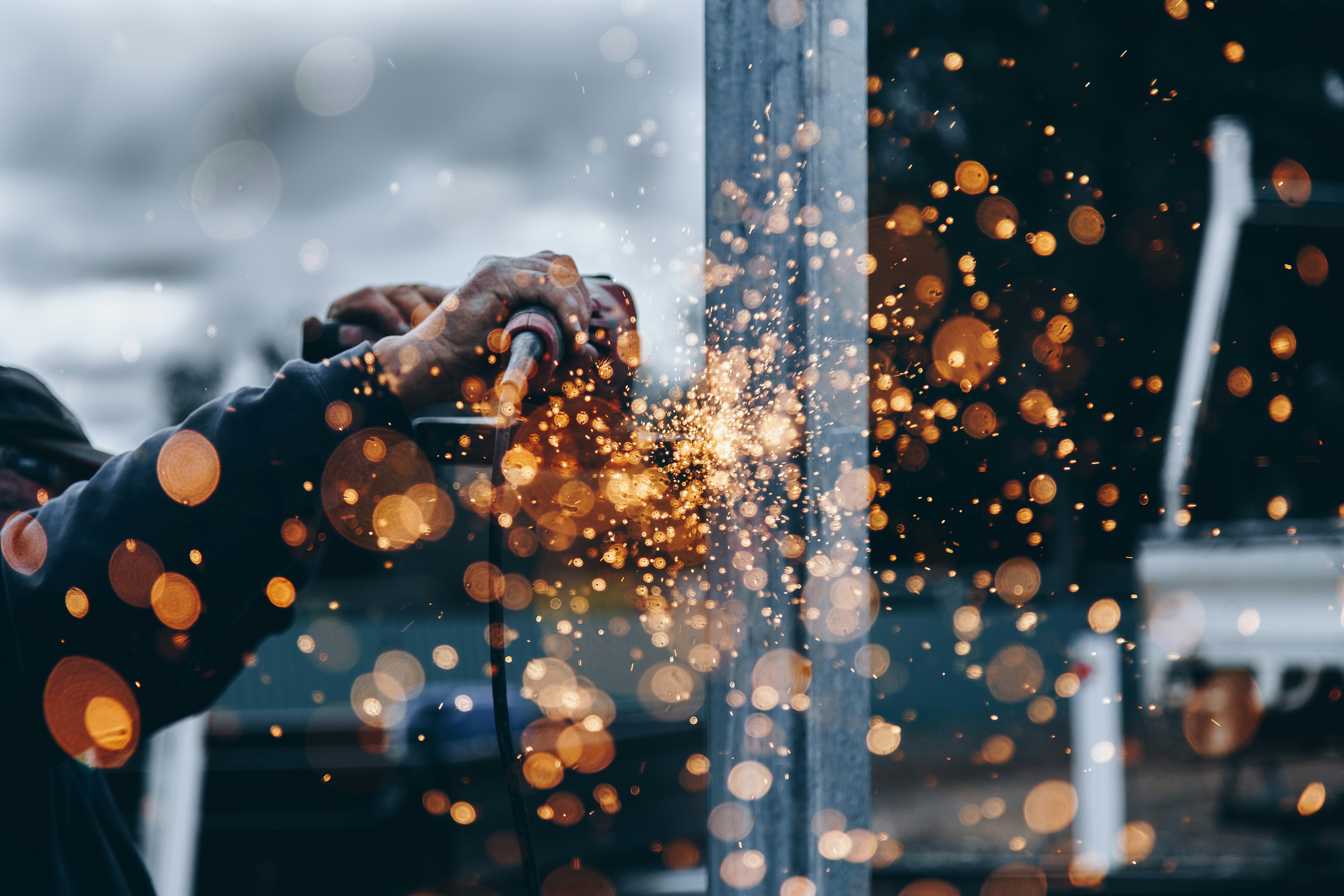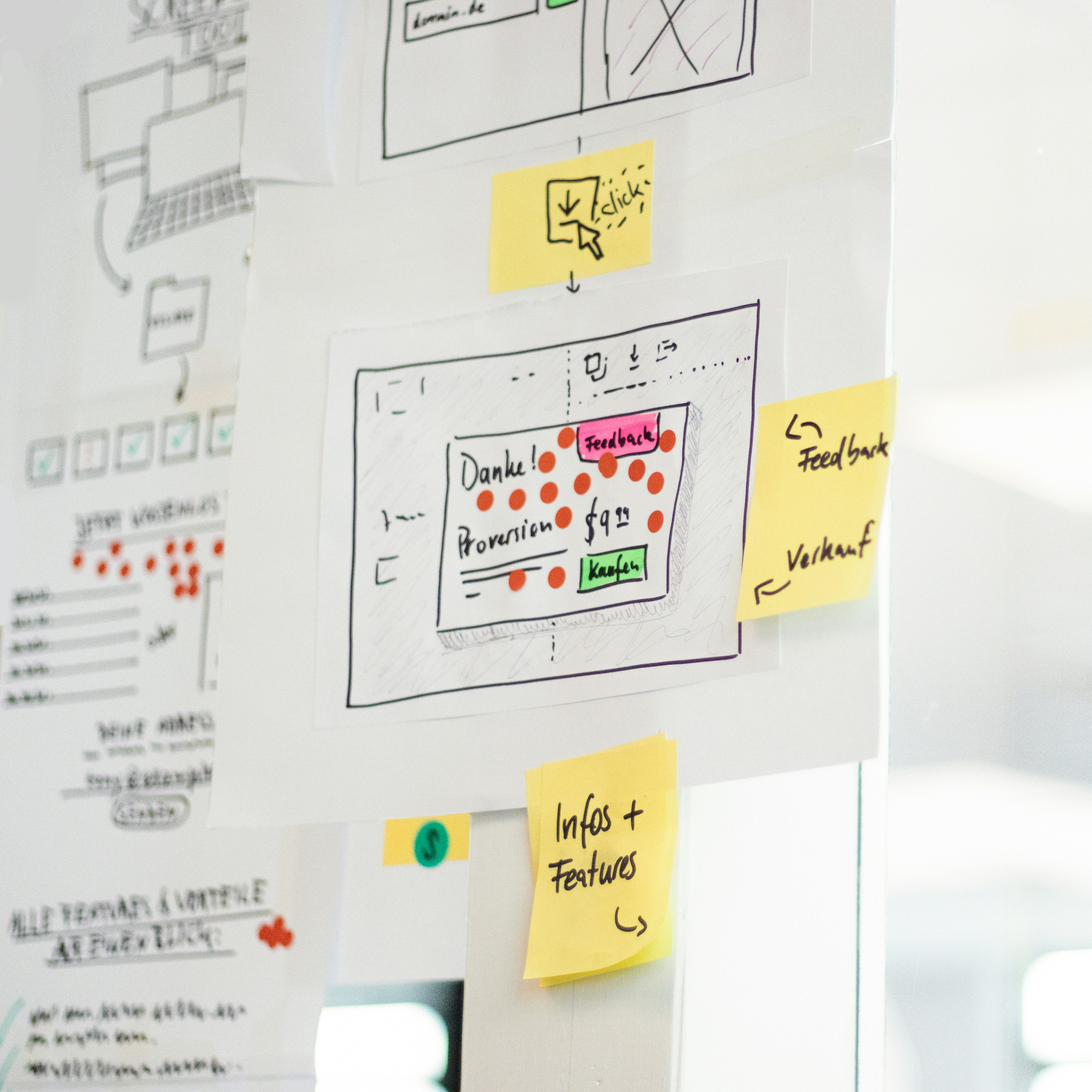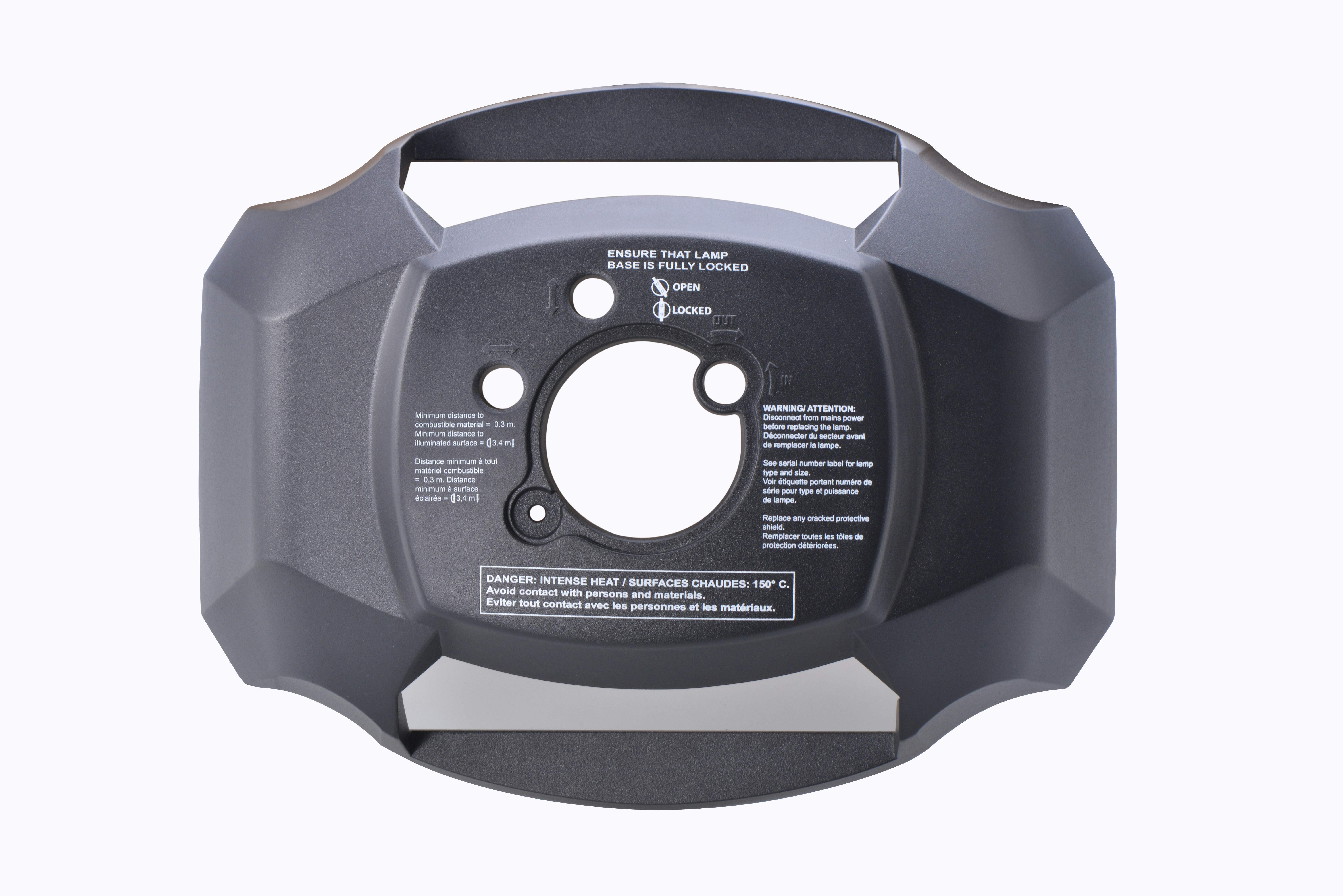Comprehensive Insights into Integrated Molding and Machining Services
October 9, 2024 | by yanglin_mold@163.com
 Photo by Christopher Burns on Unsplash
Photo by Christopher Burns on Unsplash Exploring the Spectrum of Plastic Injection Molding and Metal Machining
Plastic injection molding and metal machining are two crucial processes within the manufacturing sector, each offering distinctive advantages that cater to various production needs. Plastic injection molding involves the injection of molten plastic material into a precisely designed mold. This method is particularly effective for high-volume production due to its capacity to create complex shapes with high precision and low waste. Design considerations play a critical role in this process, as they determine the mold’s geometry and the type of plastic material to be used. Material selection is essential; thermoplastics such as ABS, polycarbonate, and nylon are commonly utilized due to their durability and versatility.
The intricacies of the molding process must also be highlighted. The injection process not only demands careful temperature control but also requires a keen understanding of cooling times and pressures to ensure the final product meets stringent quality standards. Moreover, post-molding processes such as trimming, finishing, or assembly may be necessary to achieve the desired level of detail and functionality.
On the other hand, metal machining encompasses various techniques, including CNC (Computer Numerical Control) machining and die casting, which are vital for producing high-precision metal parts. CNC machining utilizes computer-controlled tools to remove material from a workpiece, enabling the creation of intricate components with a high degree of accuracy. It is ideal for both prototyping and mass production, making it a versatile choice across industries. Die casting, meanwhile, involves pouring metal into a mold, providing a cost-effective solution for producing high volumes of uniform, intricate parts with excellent surface finishes.
Integrating plastic injection molding and metal machining presents immense potential for modern manufacturing. By leveraging both processes, manufacturers can develop high-quality, durable components that serve a wide array of applications, spanning sectors such as automotive, aerospace, and consumer goods.
The One-Stop Solution for Product Development and Finishing Services
In the realm of modern manufacturing, integrated molding and machining services offer a streamlined approach that encompasses every stage of product development. From initial design concepts to the final delivery of finished products, clients benefit from a holistic methodology that simplifies and enhances the overall production process.
Beginning with product design, skilled engineers utilize advanced computer-aided design (CAD) software to create prototypes that accurately depict the proposed specifications. This stage is critical as it sets the foundation for further development. Once design verification occurs, a prototyping phase follows, where early models are fabricated to test functionality and design viability. The importance of rigorous testing at this juncture cannot be overstated, as it ensures that products meet industry standards and client expectations.
To elevate the quality further, numerous surface finishing techniques are implemented post-manufacturing. Finishing processes such as painting, silk screening, powder coating, anodizing, and electroplating serve distinct purposes, enriching both the performance and visual appeal of the final product. For instance, powder coating provides a robust layer of protection against environmental factors while simultaneously enhancing color vibrancy. Similarly, anodizing not only increases corrosion resistance but also allows for a variety of aesthetic treatments.
Assembly services play a vital role in this integrated offering, where all components of a product are brought together seamlessly. By employing a single source for product development and finishing, companies can effectively reduce lead times, minimize costs, and ensure consistent quality control across the various phases of production.
Ultimately, the comprehensive nature of integrated molding and machining services empowers clients to navigate the complexities of product development with ease, fostering a more effective and efficient pathway from conception to completion.
RELATED POSTS
View all


